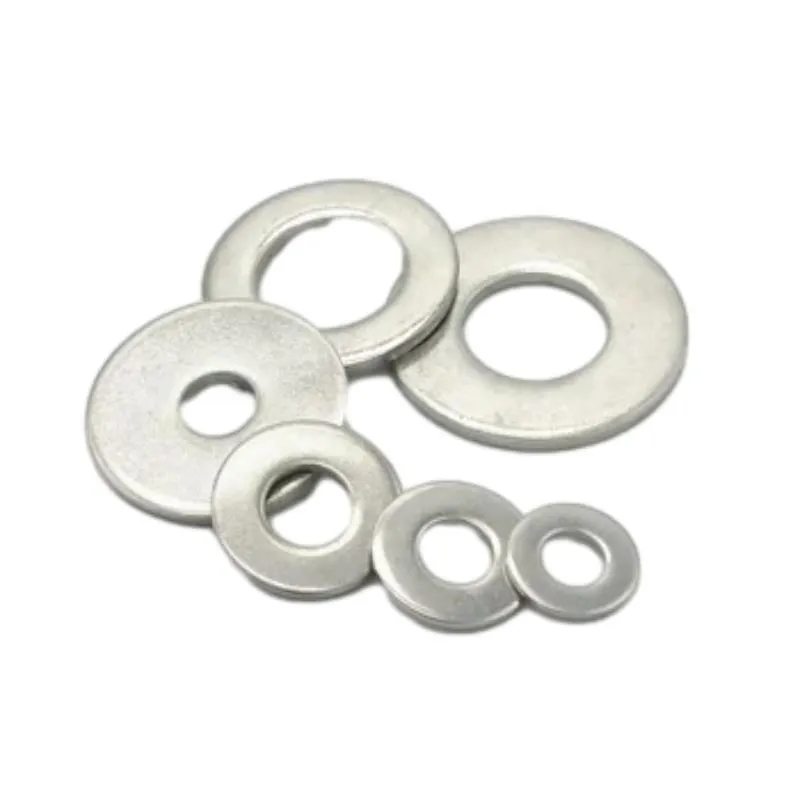अक्टूबर . 06, 2024 22:42 Back to list
flat washer m5
Understanding Flat Washers The M5 Specification
When it comes to assembling machinery or equipment, the often-overlooked components like washers play a crucial role in ensuring stability and longevity. Among the various types of washers available in the market, the flat washer is one of the most commonly used. This article delves into flat washers, focusing specifically on the M5 specification, to highlight their importance and applications.
What is a Flat Washer?
A flat washer is a type of fastener that is typically used to distribute the load of a threaded fastener, such as a bolt or a screw. By providing a smooth surface beneath the fastener head or nut, flat washers prevent damage to the material being fastened and help to avoid loosening caused by vibration. They are essential in various applications, ranging from automotive to construction and electronics.
What is M5?
In the context of screws and bolts, the M designation refers to the metric coarse thread standard, which denotes the nominal diameter in millimeters. Therefore, an M5 flat washer is designed to fit with M5 bolts and screws, which have a diameter of 5 millimeters. Understanding the appropriate washer size is vital for achieving the correct fit and ensuring the reliability of the assembly.
Dimensions and Specifications of M5 Flat Washers
The dimensions of an M5 flat washer can vary slightly based on the specific standard or manufacturer, but a typical M5 flat washer will have an inner diameter (ID) that is just slightly larger than 5 mm to accommodate the bolt, usually around 5.3 mm. The outer diameter (OD) is generally around 10 mm, while the thickness might vary from 1 to 2 mm, depending on the application and load requirements.
Material Choices
Flat washers are available in various materials, each offering unique properties that suit different environments. Common materials include
flat washer m5

1. Steel Galvanized or stainless steel are popular choices for their strength and resistance to corrosion, making them ideal for outdoor or high-moisture environments. 2. Plastic Nylon washers are lightweight and corrosion-resistant, suitable for electrical applications where non-conductivity is essential.
3. Copper Used in applications requiring high thermal conductivity or specific electrical properties.
Selecting the right material based on the environmental conditions and mechanical requirements is crucial for the performance and life expectancy of the washer.
Applications of M5 Flat Washers
M5 flat washers are employed in an array of applications, including
- Automotive Used in engine assemblies, suspension systems, and other critical areas where vibration and stress are prevalent. - Construction M5 washers secure fixtures and fittings, ensuring structural integrity in buildings and bridges. - Electronics Flat washers can be used to insulate and secure components within electrical devices and circuit boards.
- Furniture Manufacturing In furniture assembly, flat washers provide a finished look while enhancing the strength of the connection.
Conclusion
Flat washers, particularly M5 flat washers, may seem minor in the grand scheme of assembly, but their role is undeniably significant. They contribute to the reliability and longevity of countless applications across various industries. By understanding their specifications and appropriate material choices, engineers and DIY enthusiasts alike can ensure that they are using the correct components for their projects, enhancing both performance and safety. Whether you are tightening a simple bolt or constructing complex machinery, don’t underestimate the humble flat washer's importance.


